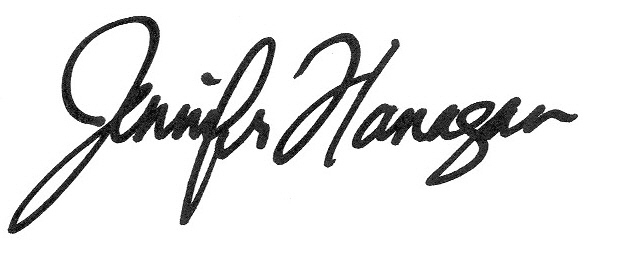Acknowledging the on-going journey to reconciliation
June 1, 2021
By: Jennifer Flanagan and Doug Dokis
Actua is heartbroken to hear the news of the tragic discoveries on the grounds of former residential schools across Canada. This is and should be a time for national grieving.
But grieving alone is not enough. Reconciliation requires unrelenting action.
These children represent a small fraction of the thousands of Indigenous children and adults who have died or disappeared throughout history. These discoveries are a stark reminder of the intergenerational trauma Indigenous communities have faced and continue to face. All Canadians, especially those in leadership positions, must do even more to uphold the rights of Indigenous peoples and build trusting relationships with them.
Actua stands with and will continue to support Indigenous communities to heal and address these injustices in the true intent of reconciliation. This news further ignites our desire to dismantle systemic barriers in Indigenous education. Our goal is to collaborate with Indigenous leaders, educators, communities and youth to advocate for and create meaningful and sustainable change that improves the education experience for Indigenous youth.
We’re currently working with Indigenous leaders to advocate for Indigenous land-based education as a relevant, meaningful and culturally appropriate way to integrate Indigenous worldviews into mainstream education. We’ve seen the impact land-based education has on Indigenous youth through our InSTEM Program and believe it is an invaluable tool in ensuring Indigenous youth thrive throughout their education and into their careers.
Over the next year, we will continue to strengthen and deepen the impact of InSTEM, while remembering that reconciliation is an on-going journey and our work is never done.
Best,


Jennifer Flanagan Doug Dokis
President and CEO Director, National Indigenous Youth in STEM Program
For more information on reconciliation:
We encourage everyone, especially the youth, parents and educators we engage with, to recognize they have a role to play in reconciliation, continue to learn about the perspectives, cultures and histories of Indigenous peoples in Canada, and create inclusive relationships and spaces for all to thrive. There are a ton of resources available to help you learn. Here are just a few to get you started:
- #IndigenousReads
- Reconciliation: A Starting Point Mobile app
- Truth and Reconciliation Report
- We Are All Treaty People
- CBC Kids
There are also a multitude of books, documentaries and events curated on lists, such as the one shared by CBC back in 2018. Here are a few books we recommend specifically for kids:
- I am Not a Number, by Jenny Kay Dupuis and Kathy Kacer
- When We Were Alone, by David A. Robertson
- When I was Eight, by Christy Jordan-Fenton and Margaret Pokiak-Fenton
- Not My Girl, by Christy Jordan-Fenton and Margaret Pokiak-Fenton
- Stolen Words, by Melanie Florence
- Shin-chi’s Canoe, by Nicola I. Campbell
You can also learn which Indigenous land you’re living on at native-land.ca.
For assistance and support:
For anyone who may need immediate assistance and support, the National Indian Residential School Crisis Line is available 24 hours a day at 1-866-925-4419.
